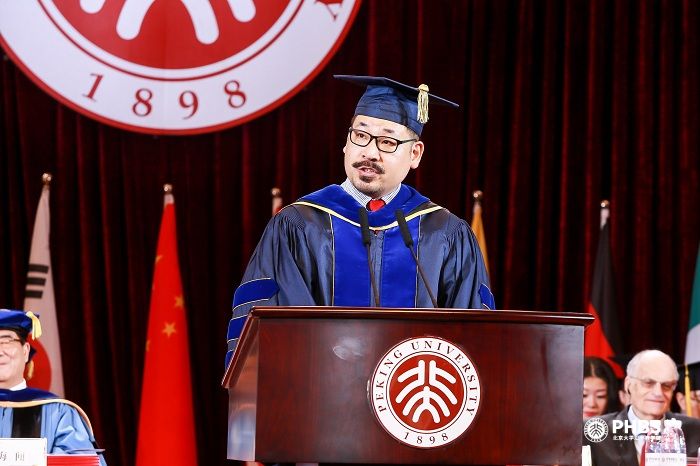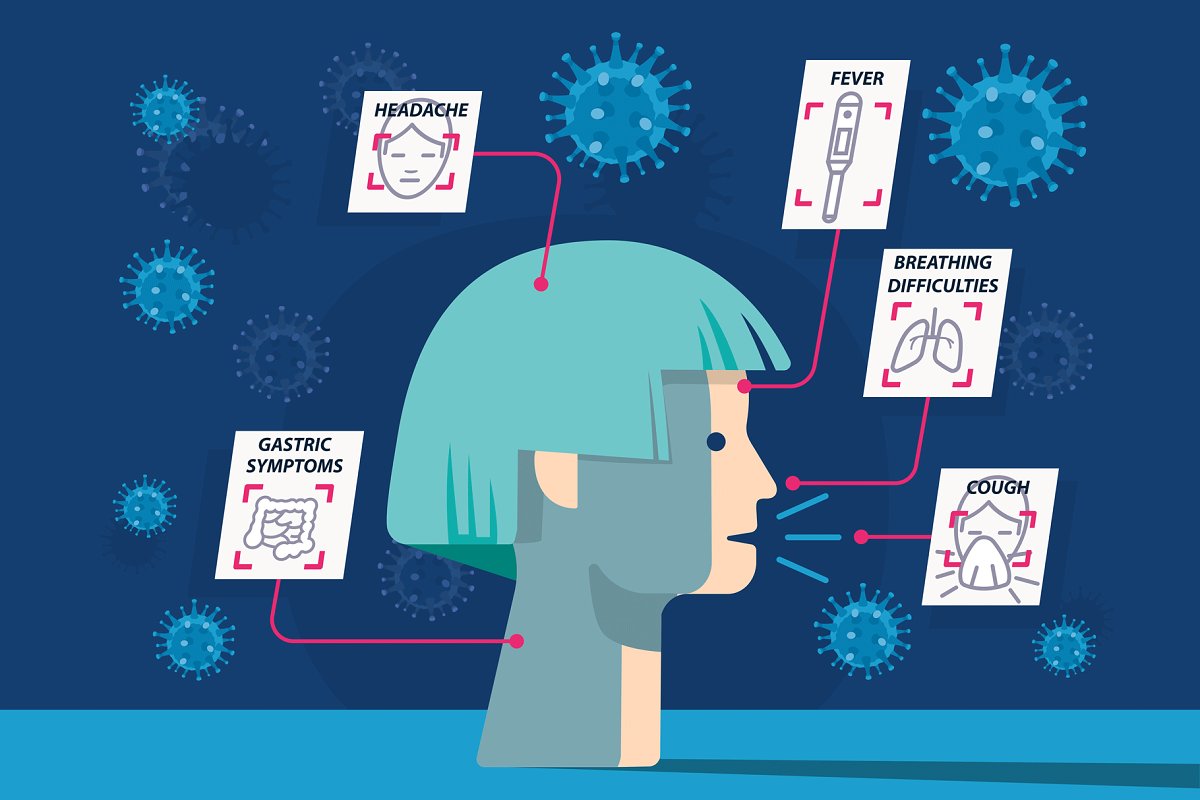The following is the speech delivered by Professor Young Joon Park on PHBS 2019 commencement:

Good Afternoon!
First of all, on behalf of all of my colleagues who work at PHBS, I would like to congratulate the graduating class of 2019. It is a well-known fact that it is not easy to get into PHBS. But I think most of you have figured out by now, it is not easy to get out of here either. I used to tell the incoming student class that the fact that they are starting the school here is already a huge achievement. Now, after several years of hard work, you have another tremendous accomplishment. So, I think you can be proud of it.
Having said that, I do not think our graduates can take all the credits for where they are today. Those who continuously supported them both physically and spiritually, those who were there to give advice and be the source of motivation to work hard, the dedication and sacrifice made by family and friends of our graduates should not be considered lightly. For those who are here, and those who, unfortunately, could not make it today, you all deserve a big hug from our graduates.
I teach economics, specifically Game Theory. Game Theory is a field that analyzes how people behave when they interact with other people.
Let me talk about, perhaps, the most well-known game form called Prisoners’ Dilemma game. As the name indicates, the original story deals with two prisoners. Let me adapt the story a bit to make it fit better in our context. The story goes like this. Two students share the same dorm room. These two roommates need to individually decide whether to clean the room or not. Obviously, they prefer cleaner room. But cleaning the room requires time and effort. Cleaning the room by himself would make it too difficult and costly but working together makes the task much easier.
So we can see the ideal situation would be the case both of them cooperate and clean the room together. The problem here is that these two students have incentive to “free-ride”. If my roommate does not clean, then I do not want to because it is too much work for me to do it by myself. If my roommate does clean, I still do not want to do it because the room will be cleaned anyway. And, of course, we can expect the roommate would share the same kind of idea as well. Thus, we might see both students defect and not clean the room. Is this a legitimate prediction to this kind of game?
Let me start with bad news first. We, indeed, see in so many of these situations people act exactly as we were concerned. People are selfish. They want to take advantage of others, and people won’t choose to cooperate in this situation. In economics, we often call such behavior “rational”. In fact, we found that everyone acting in selfish way and choose to defect is the only equilibrium in a simple setting.
Many economists found this result baffling. While most agreed Prisoners’ Dilemma game is a wonderful example that can summarize many relevant and important situations, the prediction is depressing. Not everyone agreed with the result either. While we observe such bad equilibrium in many cases, we also commonly witness more cooperative behaviors as well.
Then what kind of remedy can we come up with to cope with the puzzle we have with Prisoners’ Dilemma? There are a few.
I would not go into details. For those who are interested in details, you can take my course. Two of the most well-known solutions are fear of being punished by your opponent -- your roommate, and concern for reputation--you don't want to be viewed as a non-cooperative person.
The third one is perhaps the nicest story. Somewhat surprisingly to economists, and not so much for most others, people do care about others. And it turned out many people care about others with direct motivation like altruism. So, we can sometimes find people who would take a lead and clean the room because they care about the roommate or they are just nice people in general. And there is a wonderful study that shows that when you have certain proportion of these cooperative people in a society, then we can achieve the equilibrium where everyone cooperates.
Let me try to summarize my point. As a society, we want to come up with a platform that can produce collectively cooperative behavior. As we can see in the example, we often face a situation where typical and rational individuals would not choose cooperative behavior. But we do observe cooperative behavior in real life. Furthermore, there is evidence that cooperative behavior may generate even more cooperative behavior.
As PHBS graduates, you are already well equipped with professional skills to be successful. But those trainings and skills may not be enough. Many of you will gradually climb up the ladder and start taking more important roles. You will soon become leaders of the society and would need to start seeing the bigger picture. That is why we require our students to have comprehensive research ability, a global perspective, and disciplined attitude. I hope you can also think about how you can be a good cooperative player that can lead to building better society. Confucius emphasized virtue and propriety instead of law and punishment as the key philosophy of governance. This route may be slow, but it does pay off.
We expect something great from you and I hope you agree with our expectation as well.
Once again, congratulations to our class of 2019 !
Thank you!















